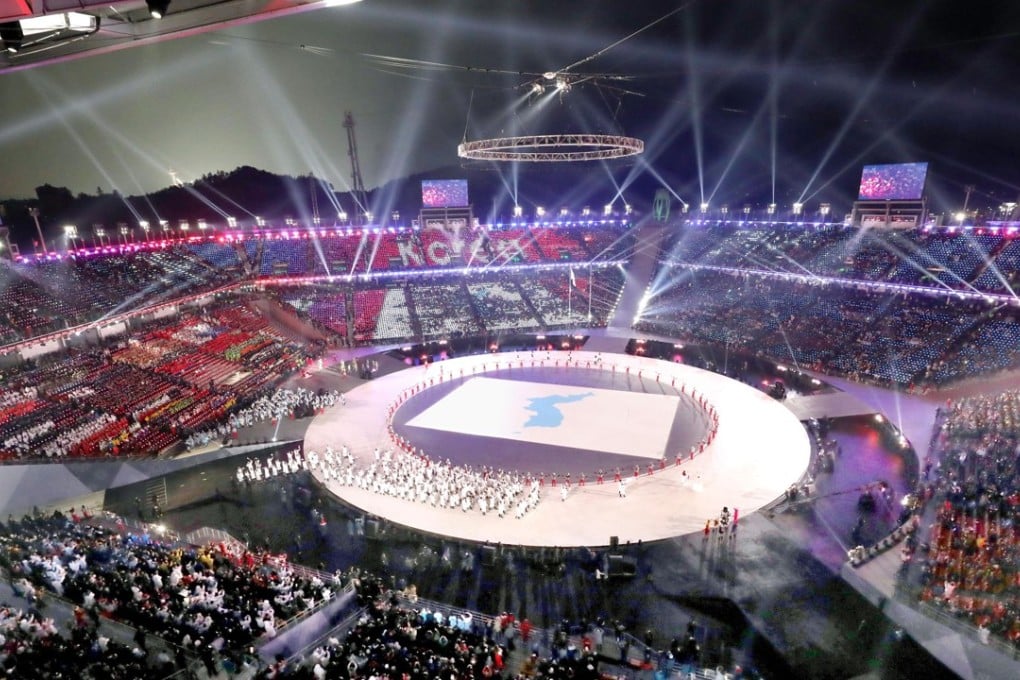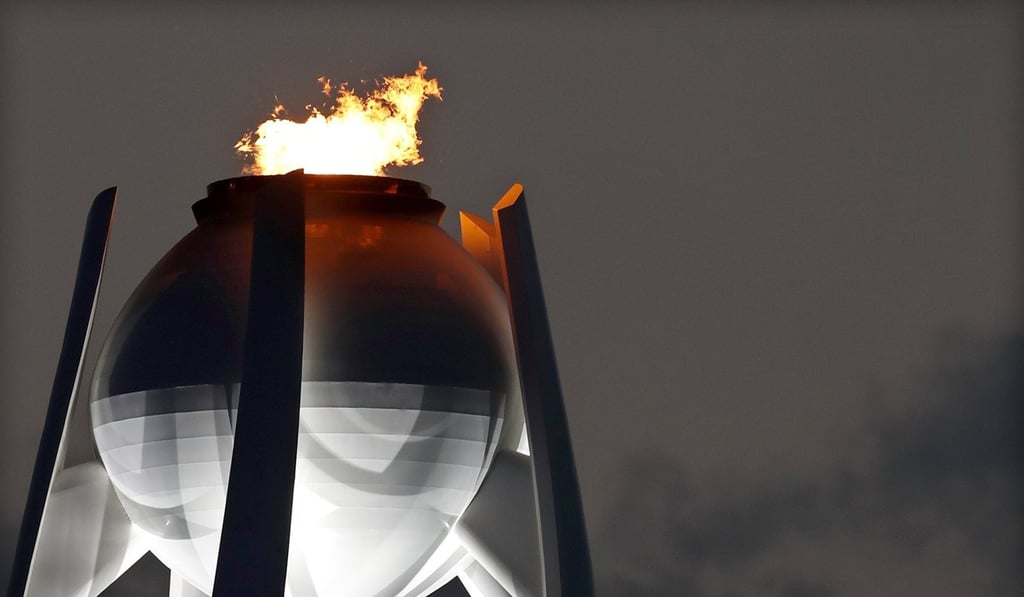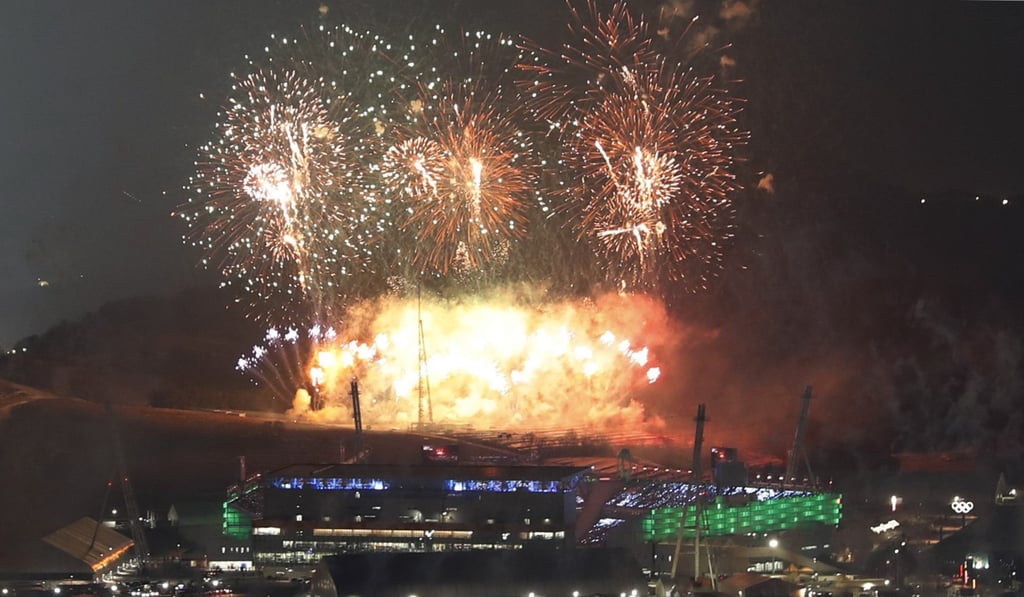Opinion | Coldest Winter Games might be the coolest as South Korea grabs gold in its Olympics screen test
Thirty years after hosting the Summer Games, a more confident, competent and charming country emerged during Pyeongchang’s Olympic fortnight


Like Albertville and Lillehammer before it, the world knew virtually nothing about Pyeongchang. It’s not even a town, it’s a rugged and somewhat remote county in South Korea that recently adapted CamelCase spelling so Pyeongchang could become PyeongChang in order to not confuse the world with Pyongyang, the capital of North Korea.
Still, whatever you want to call it and however you want to spell it, one thing is incontrovertible about this frigid north Asian Alpine outpost: it is now, and forever will be, an Olympic Games locale.
Some places, like Salt Lake City, Vancouver and Beijing, are hardly defined by hosting the Winter Olympics. But now that the Olympic torch has burned in this once sleepy hamlet, Pyeongchang is happy to be indelibly etched in the annals of sporting history. It’s a very cool and well deserved legacy for this county and country.

The first criteria is the simplest: the eye test. With its endlessly radiant and crisp blue skies, these Games looked healthy and invigorating. The night time vista, with all of the venues essentially in one rolling shot, was even more impressive.
